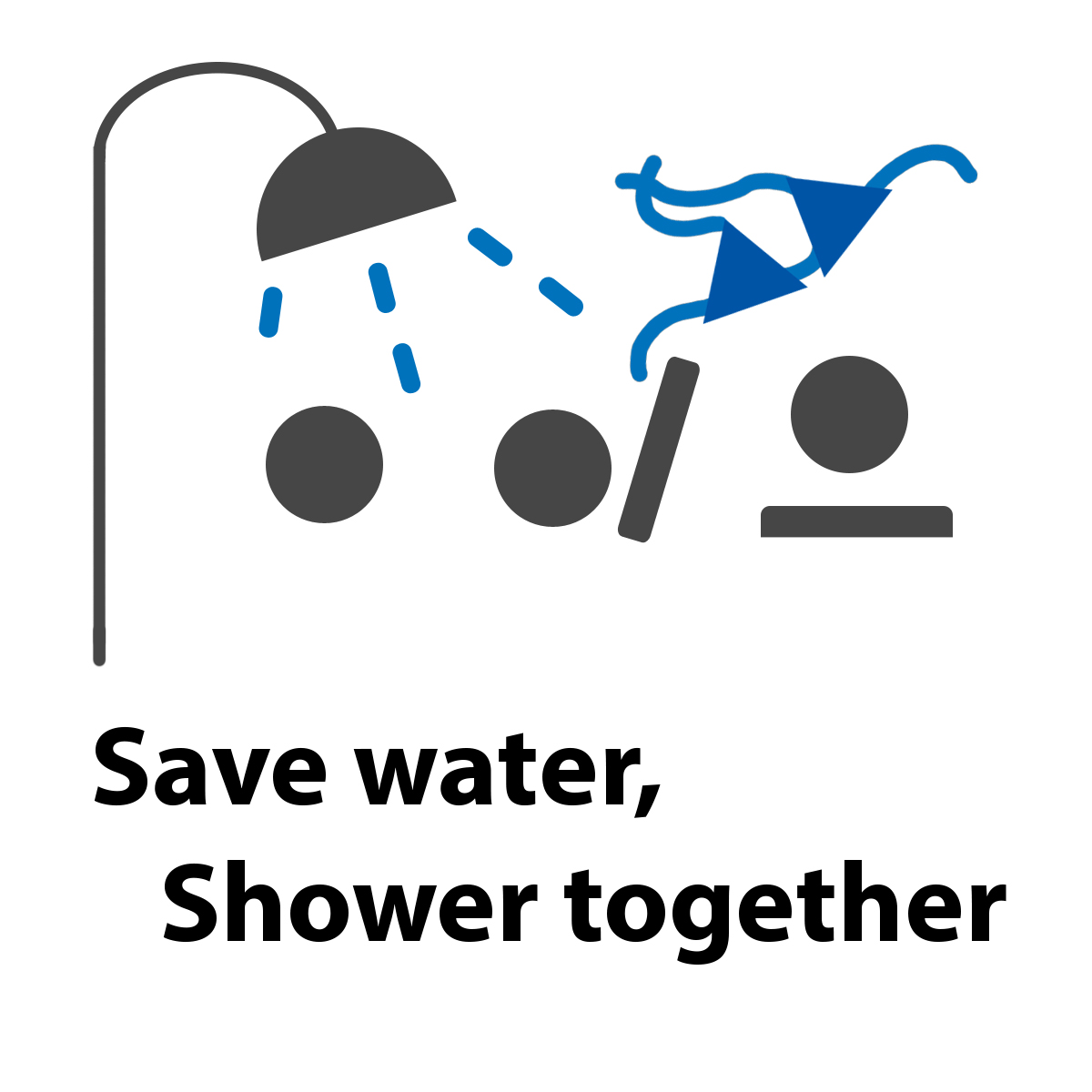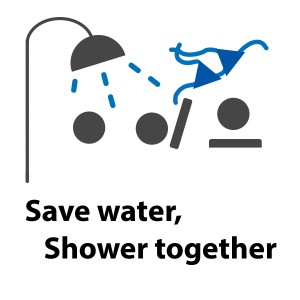An eco-friendly living


Being eco-friendly should be a lifestyle that everyone chooses for themselves and the environment. Just like eating healthy and working out, living an environmentally friendly life will benefit our lives. Living an eco-friendly lifestyle does not involve an empty wallet.
So, how challenging would it be? On a scale of one to ten, one being the easiest and ten being the hardest, EcoHawk Jessica Peters explained that living an eco-friendly lifestyle is “probably two or three.”
Take shorter showers
We’ve all heard this one, taking shorter showers helps to conserve water. According to Environment Canada, the average Canadian household uses up to 65 per cent of their water supply in the bathroom alone. Canada is reportedly one of the main countries that use more water than any other country in the world.
Create a playlist and listen to it while you’re in the shower. You’ll know how long you’ve been in the shower. Try to shower in cold water. This way, you’ll be forced to get out of the shower faster.
“Just get in, do your thing, get out,” Peters advised. Peters’ showers last under five minutes because of her three-rule step.
Use reusable water bottles
Using reusable water bottles avoids unnecessary waste and also helps students save money. This is a simple change, plus there are fashionable reusable water bottles that make a plastic water bottle look simply unattractive.
“Our campus is going to go water bottle free, hopefully by next year. You won’t be able to buy a plastic water bottle anywhere on campus,” Peters explained.
So Laurier students, hurry up and get your reusable water bottles as soon as possible.
Compost & Recycling
Every household should have a Green Bin, Recycling Bin and a Garbage can. Your compost goes into your green bin, if you’re going to compost in your backyard, do not include bones, meat, dairy or other fat products. Parker said the most common items that Laurier students throw into the wrong bin are “water bottles, Starbucks cups, Tim Horton’s cups and the take out containers from Terrace and Wilf’s.”
Peters explained that Starbucks cups are meant to be recycled, and Tim Horton’s cups should be thrown into the compost bin. These are some things that go into the organic bin at Laurier: meat with bones, newspapers, the Tim Horton’s cup without the lid, greasy pizza boxes and food items such as fruits, vegetables, coffee grinds, tea bags and candy.
Eat Local
Every Wednesday in the concourse, Laurier sells locally grown food. Buying from Laurier’s Farmer’s Market will “reduce food miles [emissions from food transportation] and support the local community,” Parker explained. This is great for students and easily accessible.
Use cold water to clean
Use cold water instead of hot water when you are cleaning. According to WLU’s green guide, cold water is better for modern synthetic fabrics like nylon, spandex, acrylic, polyester, rayon and acetate. Also try to wash your clothing with natural detergent.
*This article has been updated since its original publishing date.*


